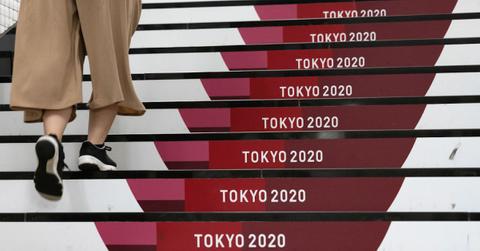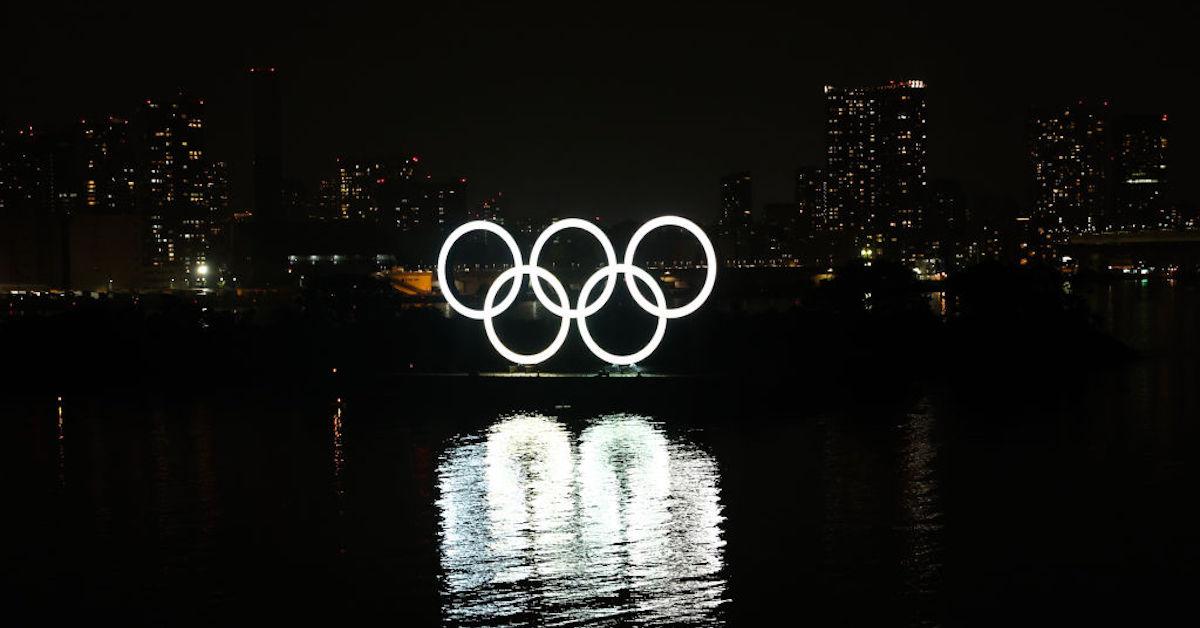What Happens to the Olympic Village After the Games? It Depends on the City
Published July 21 2021, 2:52 p.m. ET

Every four years, a new city is given the honor of hosting the Olympic Games. When the Olympic Committee chooses a host city, there’s the expectation that the city will take on the responsibility of building accommodations for the games, whether that be new arenas for sporting competitions or places for athletes to sleep.
Given the flurry of construction that goes into creating new structures for the Olympics, many fans of the games are curious about what happens to all the new set-ups after the games have ended. Put another way, what happens to the Olympic Village after the games?

What happens to the Olympic Village after the games?
When a city is chosen to host the Olympic Games, there’s an understanding that it will provide the best of the best in terms of sporting venues and athlete living accommodations. Not only must the facilities be up to international sporting standards, but there’s also added pressure for the city to impress the rest of the world.
The Tokyo Games have been no exception, with the government pouring in billions to upgrade Japan's capital with a total of 42 venues (25 of which previously existed, 10 of which are temporary, and eight of which were built from the ground up). But what happens to these pieces of so-called starchitecture — and what happens to the Olympic Village specifically – after the games come to a close?
This year’s Athlete’s Village, or the Olympic and Paralympic Village, was constructed specifically for the Tokyo Games. The Village Plaza, as the residence is known, is located on the Harumi waterfront and serves as the main residential area for athletes. It cost around ¥24 billion, or over $200 million, to build.
Japan has said that after the games are completed, the buildings will be repurposed for use as general residential apartments. The city aims to create a completely new neighborhood in the area and will have more than 5,000 apartments to fill, a number that amounts to about one-third of the city’s annual supply of new apartments.
Japan’s plan to repurpose the Village seems like a great idea and isn’t without precedent. After Beijing hosted the 2008 Games and London hosted the 2012 Olympics, both cities sold their Olympic Village housing as private residences. Similarly, after the 1996 games in Atlanta, the Olympic Village was taken over by the university Georgia Tech, which now uses it to house students.
But not all Olympic Villages have the same fate. When officials from Rio tried to repurpose Olympic infrastructure like the Athlete’s Village, they weren’t as successful. Nearly a year after the 2016 Games, reports emerged that the Athlete's Village, which was meant to be turned into luxury condos, was practically "shuttered." By 2017, only 7 percent of the apartments had been sold.
Unfortunately, it seems that while most cities try to plan to use their newly built infrastructure once the Olympic Games end, there's not always the guarantee that the plan will work. Hopefully, Tokyo will have success moving forward after the Summer Games.